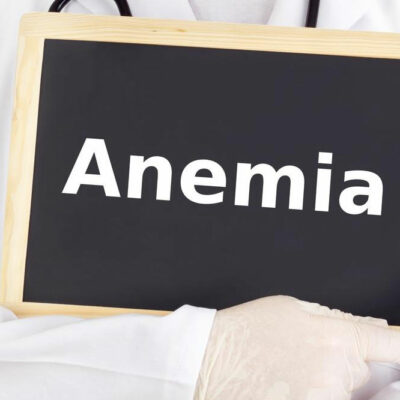
Health
Foods to Avoid for Myelodysplastic Syndrome
Living with Myelodysplastic Syndrome (MDS) often means making adjustments to your lifestyle to help manage the condition and potentially improve your MDS life expectancy. Among these changes, one of the most crucial is your diet. Certain foods may worsen the symptoms of MDS or contribute to other health complications. Here are five foods you should avoid if you have been diagnosed with MDS. 1. Alcohol While a glass of wine or a beer might seem harmless, for someone with MDS, it could have detrimental effects. Alcohol can suppress bone marrow function, which is already a problem in MDS. Moreover, alcohol can also interfere with the absorption of essential nutrients, like vitamins and minerals, which are crucial for maintaining overall health and managing MDS symptoms. 2. Processed meats Processed meats such as sausages, bacon, and hot dogs are high in sodium and nitrates, both of which can contribute to high blood pressure and other cardiovascular problems. People with MDS often have a higher risk of developing heart-related issues due to the disease’s impact on blood cells. Therefore, it’s best to limit or avoid processed meats to maintain heart health. 3. Sugary foods and drinks Excessive sugar intake can lead to weight gain, diabetes, and other health problems.
Read More 














